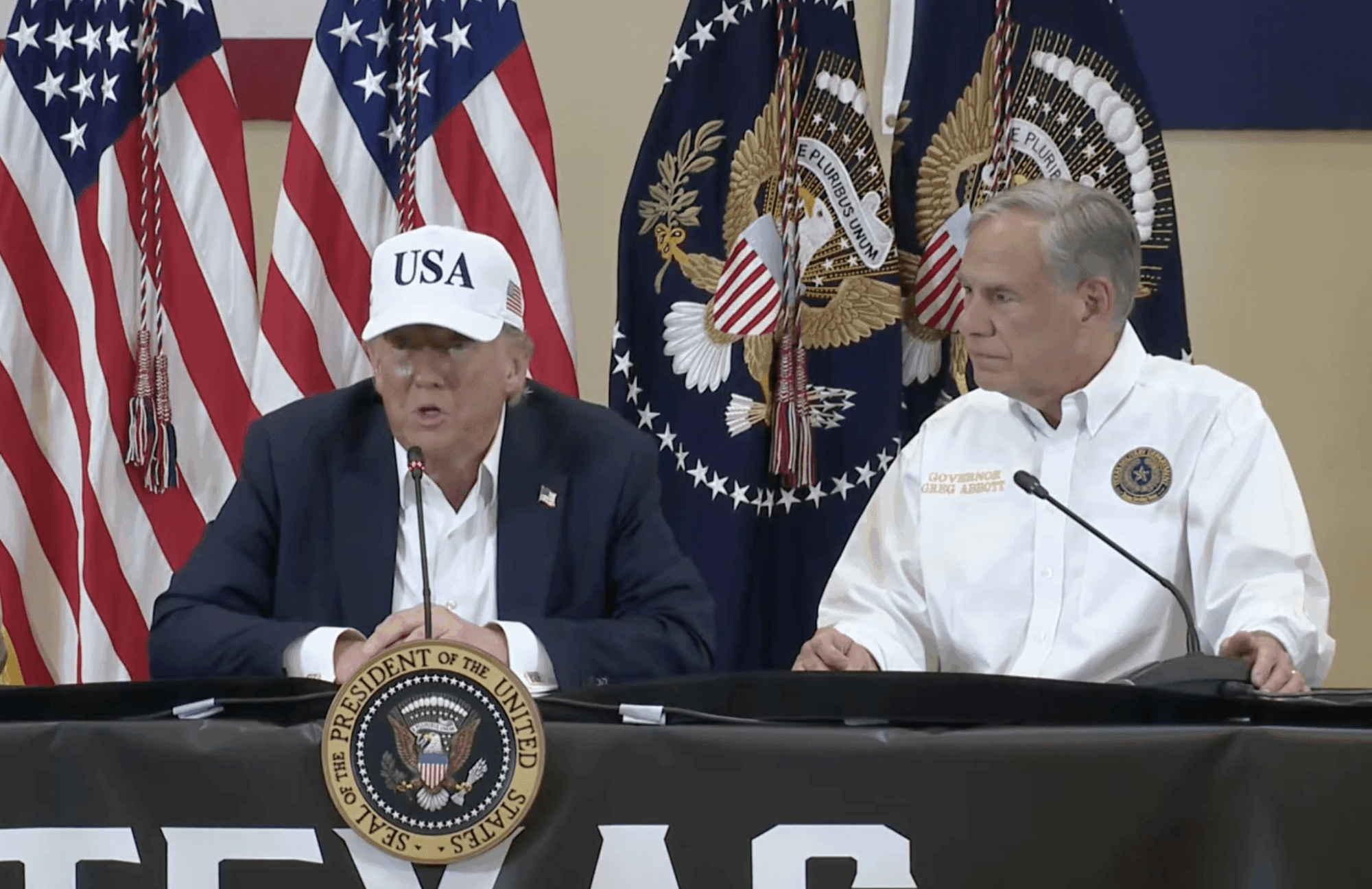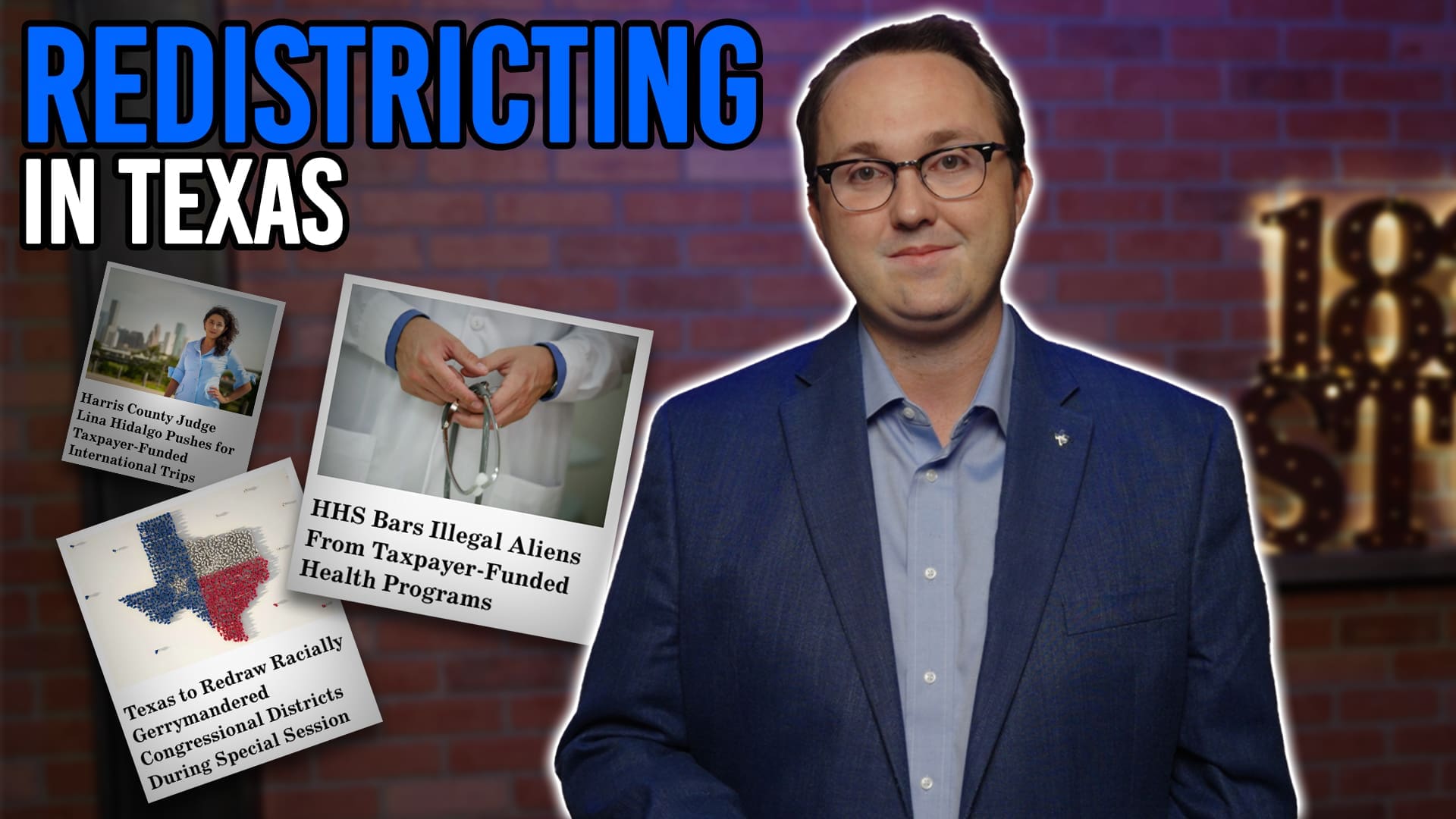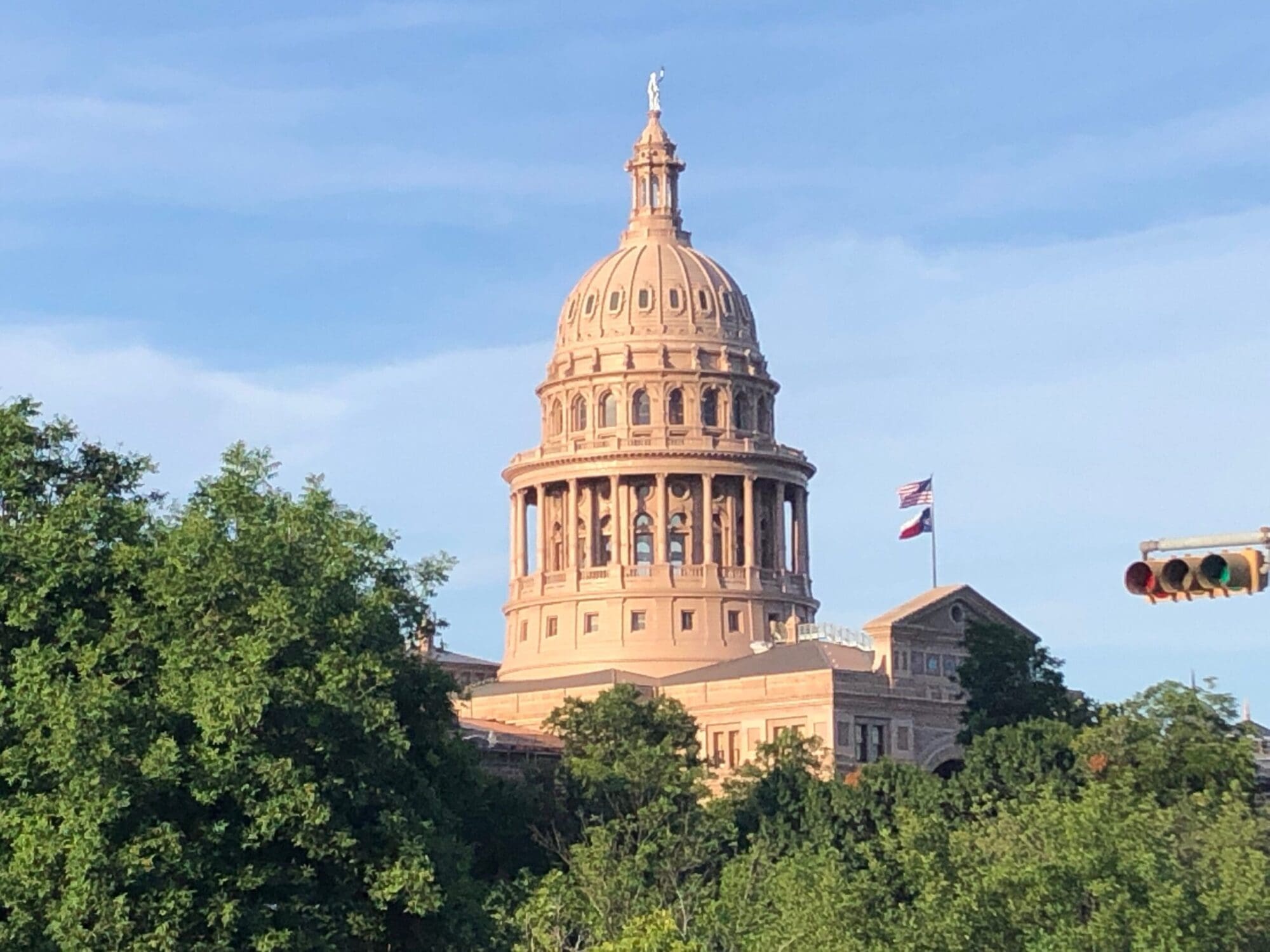As early voting in the March 6 primary kicked off Tuesday across Texas, Republicans in the competitive race for Tarrant County Tax Assessor-Collector took their messages to voters one more time.
Primary candidates participated in a forum on February 20 in Arlington sponsored by several local Republican clubs and hosted by State Sen. Konni Burton (R–Colleyville). The tax assessor-collector job opened up late last year when Ron Wright resigned the position to run for Congress.
Four Republicans are competing to fill Wright’s unexpired term, which extends through 2020. The job requires managing 200 employees throughout eight offices countywide.
Rick Barnes, who called the contest “one of the most important races in the county in this election cycle,” served a term as Mayor Pro Tem of Keller. Barnes earned a degree in finance and economics, has served on boards of 14 non-profits, and runs his own small business.
Wendy Burgess, wife of Tarrant County Constable Clint Burgess, served two terms on Mansfield City Council and as chairman of Mansfield’s Chamber of Commerce. Burgess also has 20 years of experience running her own businesses.
Trasa Robertson Cobern currently serves on Hurst City Council. Coburn also teaches high school history.
Mike Snyder spent 30 years as an investigative reporter and anchor for Dallas-Fort Worth’s NBC affiliate. Snyder also ran a national Super PAC, Vote to Reduce Debt, in 2014.
The four answered questions about their qualifications, ideas for running the tax office, and stances on property tax-related issues.
Why do you want to be Tarrant County Tax Assessor-Collector?
Asked why he is running for tax assessor-collector, Barnes replied that he has a need to serve people and saw “an opportunity to serve the people of Tarrant County through this job.” He added that he’s committed to “making decisions in favor of taxpayers” and to working with city councils “to help them understand budgeting.”
Burgess said she’s running because “it’s what I do,” referring to her past leadership roles in the community. “I look forward to listening to citizens and hearing about their experiences” and suggestions for improving the office, she added.
Cobern said she was approached by several people and encouraged to run. “I thought my skills would be used well in this office,” she said, citing her management skills, thrift, character, and integrity.
Snyder said he’s running because he is “a friend of the taxpayer” and wants to “improve the efficiency and customer service of the office” through training and modern management methods.
What ideas do you have to improve service to customers in the tax office?
Burton, who moderated the forum, asked candidates how they would improve customer service in the tax office. Burgess responded that “an opportunity presents itself in IT” to bring the office into the 21st century. She also promised an audit of policies and procedures “on day one.”
Cobern said she’d continue many of the practices that Wright does already to keep employee morale high across eight different offices with different personalities. “I would be out in the offices,” she said, and focus on “continuous improvement.”
Snyder noted that 63 percent of Tarrant County car owners renew their license tags in tax offices and said putting DMV kiosks in offices would create enormous cost savings. He also said he would institute “Lean Six Sigma” management methods that empower employees and minimize waste.
Barnes said the office needs to take “a service industry approach. We need to be out in the public with community outreach.” He said he’d spend time “working at a window” and talking with customers who are trying to figure out how they’re going to keep from getting taxed out of their homes.
What is your opinion of Senate Bill 2 and would you support it?
Candidates’ opinions differed on property tax reform legislation. Cobern said she was opposed to SB 2 as it was written. “Not opposed to the principle,” she said, but “the fact that there was a four percent cap, an automatic rollback election that would be created at four percent. City council people I talked with said that every single year they were going to go up to 3.9 percent… I felt that it was a way to game the system.”
Snyder answered that he would “absolutely support SB 2” and wants a rollback rate lower than 4 percent. “We have a spending problem, not a taxing problem,” he said. “This puts it on government officials to say why they need an increase… for the first time, we’ll have the ability to control our own taxes.” Snyder added that when legislation like SB 2 is back on the agenda next session, he “will be an effective communicator and persuader to those people at the state capitol that we need property tax reform now.”
Barnes said he was in favor of SB 2 and will be in favor of it when it comes up again, noting that “the good news is that we no longer have Joe Straus as our Speaker” to block good legislation in the House. Taxpayers need the protections in place, he said, adding that city councils regularly vote to raise taxes to the current 7.9 percent cap. Barnes said taxing entities “do everything backwards” when planning their budgets, first deciding how much they want to spend and then setting tax rates to collect enough money to pay for it. “We need to have a serious conversation about how elected officials at the local level are doing their budgeting,” he concluded.
Burgess responded that she “neither spoke against or spoke for” SB 2, but that property tax reform “is something that is inevitable.” She said it’s a discussion we need to be having on different levels, starting locally with the appraisal district and local taxing entities. “We need to get smart people together and have discussions, not fights,” she added.
Are you for or against the practice of taxpayer-funded lobbying by government entities?
Asked about taxpayer-funded lobbying, Snyder replied that lobbying is essential for an entity that has an interest in legislation at the state capitol. “But that is specifically why I want this job, because we don’t need to hire a lobbyist to go down and push for SB 2.” He said that elected officials who “understand the local conditions” are the ones who need to be speaking on behalf of the taxpayers in the legislature.
Barnes agreed with Snyder. “I don’t think we need to be spending our money hiring lobbyists,” he said. “We need to be electing people who can speak on our behalf.”
Burgess responded that lobbyists are employed by various government entities, but also “there are some amazing lobbyists out there working for some good things.”
Cobern noted that “every taxpayer dollar represents somebody’s hard work” and said that it’s part of elected officials’ job to go speak on behalf of their constituents and represent them in the legislature.
If an entity keeps the same tax rate, but valuations are rising, did the entity raise taxes or not?
This question generated some of the candidates’ most informative answers.
Barnes stated simply, “If you paid more taxes this year than last year, your taxes were raised. There’s no other way to think about it, and anybody who tells you differently is lying.” He noted that home values are not how taxes are set. “Whenever the budgeting process happens and they come up with a number that they need, they look at your values and then determine what the tax rate is going to be.” Leaving the tax rate the same in a growth economy means your taxes are going to go up. “And we’re in a growth economy in Tarrant County,” he added.
Burgess replied, “I say it’s in the eye of the beholder… At the end of the day, if the check that you wrote was one dollar more, your taxes went up.”
Cobern agreed that “absolutely it is a tax increase. You paid more on your taxes this year than last year, and that is a tax increase.”
Snyder noted that “the tax rate is not the equation; it is a product of the equation. The equation is taking all of the appraised value from the Tarrant Appraisal District and dividing that into the budget.”
“If you want to know what’s driving your property taxes up, you look to the city budgets, you look to the school board budgets, you look to the hospital board budgets, because a miraculous thing happens. When they get the forecast from the TAD that property values are going up in the district, miraculously the budgets of those tax entities go up to absorb all of the money to the extent of not having to touch the tax rate… The minute that you’re told that the tax rate is staying the same, you had best brace yourself for a tax increase.”
All four candidates answered a resounding “Yes” when asked if they would continue Wright’s practice of refusing to withhold vehicle registrations from people with outstanding red light camera fines.
The candidates also answered questions about their managerial styles and whether they favor eliminating property taxes, and made closing pitches to voters on why they are the best choice to serve as Tarrant County Tax Assessor-Collector.
Early voting in the March 6 primary elections began on February 20 and continues through March 2. Voters can find more information about Tarrant County elections at https://www.tarrantcounty.com/en/elections/Upcoming-Election-Information.html.
Video of the complete forum can be viewed on the Facebook page of Tarrant County resident Kelly Canon.





